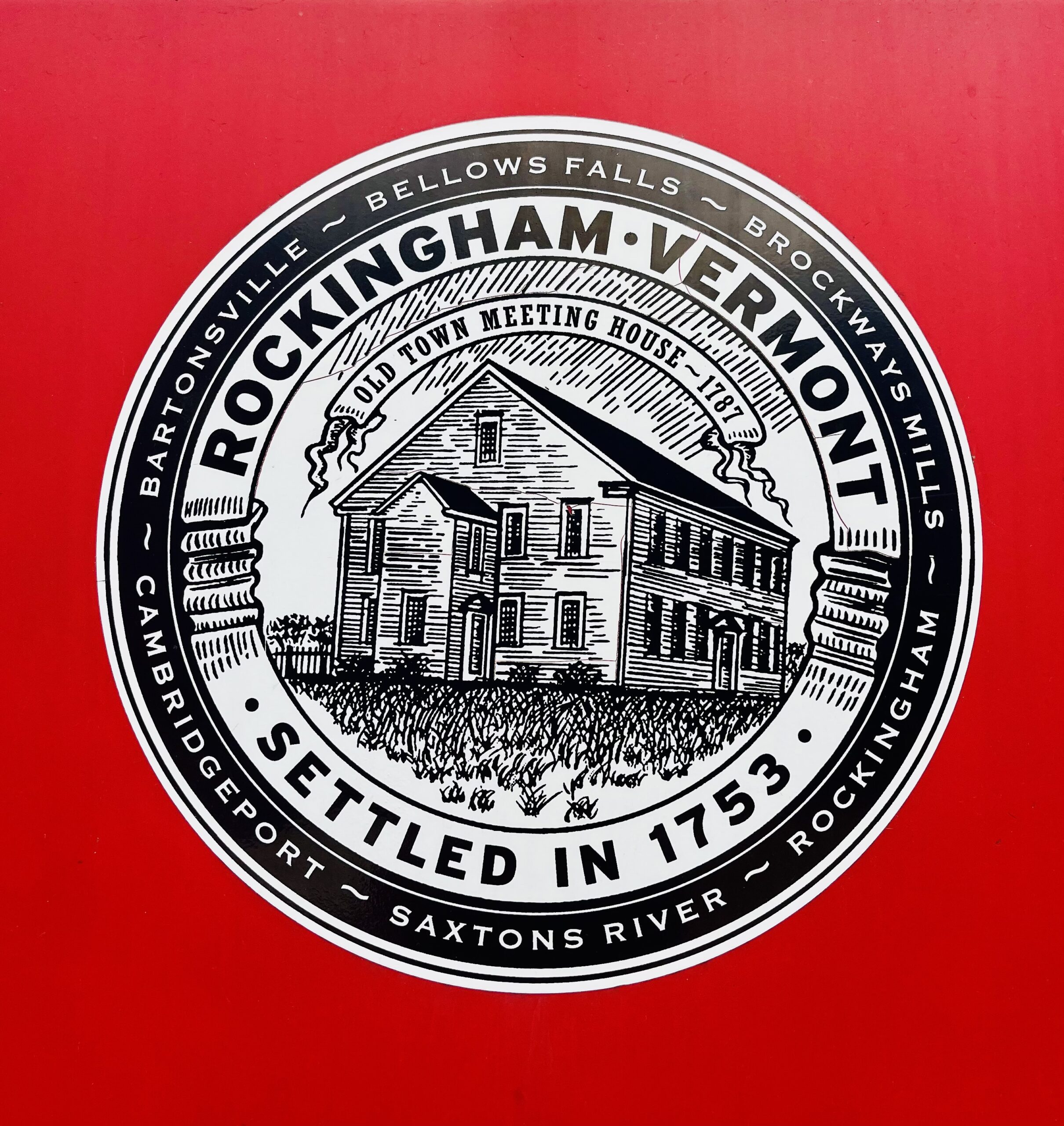
ROCKINGHAM, Vt. – Rockingham Selectboard Chair Rick Cowan began the Tuesday, Jan. 7, meeting by welcoming all in attendance, commenting, “Thank you for participating in your local government.”
First on the agenda was a presentation from the Rockingham listers, with Michael Stack on hand to discuss the 2024 Equalization Study results, and answer any questions the board or Rockingham residents might have. The primary purpose of the Equalization Study is to assess how closely the property values on the grand list compare to fair market value. In turn, this helps the state estimate market values and determine common level of appraisal (CLA). The CLA is a percentage used to adjust the base education tax rate set by the state, derived from the difference between property values at the last townwide reappraisal and current property sale prices.
Stack said, “The state of Vermont right now is seeing a tremendous upsurge in real estate prices.” The last time Rockingham did a reappraisal, Stack reported, was in 2016. “From that period of time forward, across the country real estate prices have gone up around 85%. Inflation has gone up 31%.”
Stack explained that Rockingham, like many Vermont towns, is going through the reappraisal process, which allows for adjustment of the CLA, and brings the grand list up to market value. Although Stack said it wasn’t clear how this would affect the tax rate, he mentioned that, in theory, when the grand list value goes up, the tax rate should go down, “unless you spend a lot more money on your school [and] municipal budget. That’s in the hands of the taxpayers, and I want the taxpayers to be aware of that.”
Cowan took a moment to thank Stack and the listers department for taking on this task themselves, as opposed to other towns who have hired outside firms to handle reappraisals. Doing the work in-house saved the town approximately $200,000.
Chair of the Rockingham Planning Commission Deborah Wright was attending the meeting online, and commented, “Mike has given us a lot of good information, [but] there is no guarantee our taxes will not go up based upon the new grand list when it comes out. Of course we can appeal it, but we should be really aware that this is the school budget building season, along with [the selectboard’s] municipal budget season, and some significant things are happening in the school district. So, it is important that we all pay attention to that.”
Rockingham development director Gary Fox was at the meeting to discuss the State Agency Cooperation Request letter being drafted to send to Gov. Rick Scott, asking for the state’s help in managing the two agencies involved in the Bellows Falls train station remediation. “A major issue for the town with the train station project is the liability around contamination,” stated Fox.
Fox explained that because the state owns the land and the town plans to purchase the station and lease the land, “there is a lot of room for definitions, agreements, and who’s responsible for what [with regards to] land ownership.”
Cowan added that the co-ownership “makes for a very complicated situation as far as who is responsible for the contamination that has already been discovered or future chemicals that may be documented.” Cowan and the board want to be clear that any cleanup of the property would not be the town’s responsibility.
The draft of the letter to Gov. Scott reads, in part, “[We] are asking for a commitment from Vermont Department of Environmental Conservation (VT DEC) and Vermont Agency of Transportation (VTrans) to address the contaminated railyard. Without this commitment, the town will not be able to purchase the train station because of the liability of leasing the land that puts the town at risk for contamination from 170 years of rail operations.” Cowan noted that the letter was necessary because VT DEC and VTrans have been at odds throughout the process.
Several residents in attendance, including Jamey Berrick, expressed their concern that “a letter and a handshake” were not enough of a guarantee, and the implementation of federal and state grant funds often comes with an obligation of matching funds from the town. After further discussion, the board voted to approve the letter as written.
The board reviewed the article to be presented to the town for a vote on the train station lease. A previous article had been approved by voters to purchase the building, although, as Berrick pointed out, since that vote took place, the parameters of the project have changed substantially.
Town manager Scott Pickup addressed Berrick’s statement, responding, “The cost, the scope, and the funding will change again. These are not static projects that sit on a shelf and wait for years for approval. These are dynamic projects that have dynamic costs [and] opportunities, so the board has to weigh those things.”
Board member John Dunbar commented, “We have heard from taxpayers for years that they are tired of seeing assets not invested in and being torn down at a cost to the town.” Dunbar said the station is a “valuable asset to the economy of the village,” and offers an opportunity for revenue for the town should they purchase and stabilize the property.
Ultimately, Cowan concluded the conversation by suggesting that he and Fox work together to redraft the article and present it at the next selectboard meeting on Jan. 21. After adjourning the meeting, Cowan and the board went into an executive session regarding employee matters.